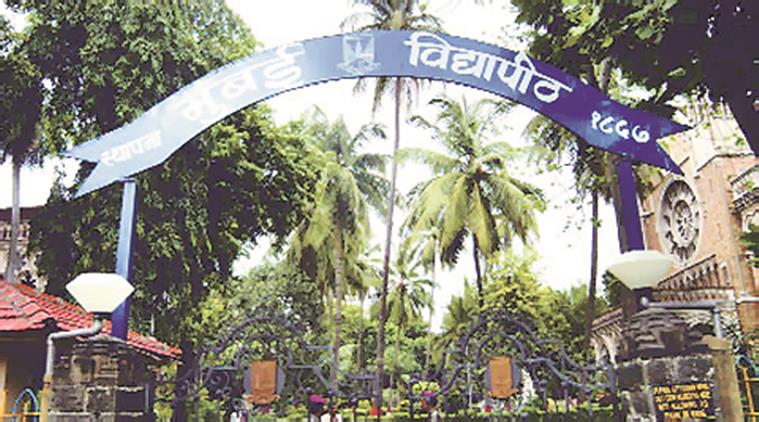Students, teachers offer mixed reaction on Maharashtra Public Universities Act 2016
After over two decades, the Maharashtra Public Universities Act will see an amendment. It was last amended in 1994.
 While the students have better representation, other stakeholders— teachers and management— said their democratic representation had been curtailed.
While the students have better representation, other stakeholders— teachers and management— said their democratic representation had been curtailed.
WITH THE approval of the Bill on the new Universities Act by the Legislative Assembly and Council Thursday, varsities in the state will see a major overhaul in their administrative processes. Universities will now have an advisory council similar to the Board of Governors of the Indian Institutes of Technology. Five members— an industrialist, a scientist, a social leader, an educationist and an Information Communication Technology (ICT) expert— will advise the Vice-Chancellors on improving academics and research facilities, among other things.
After over two decades, the Maharashtra Public Universities Act will see an amendment. It was last amended in 1994. The first-ever draft of the new Act was written in 2011 and ever since the proposed amendments have been through years of deliberations. In March this year a Joint Committee consisting state legislators from various political parties was formed to prepare a final draft taking into consideration inputs from various stakeholders. The Act will not only bring back student elections to campuses after a gap of over two decades, it also promises to increase representation of students in statutory authorities of the universities.
Watch what else is making news
The Act calls for formation of a Students’ Council at the university level, and a college Students’ Council for each college or institution of the University and each affiliated college, “to look after the welfare of students and promote and co-ordinate extra-curricular activities of different student’s associations for better corporate life.” This was welcomed by many student unions who have been rooting for democratic representation of students in the University’s decision-making following the Lyngdoh Committee report. “Student elections are back after a gap of 22 years. This will imply a democratic representation of students’ problems to the management,” said Santosh Gangurde, vice-president of Maharashtra Navnirman Vidyarthi Sena.
While the students have better representation, other stakeholders— teachers and management— said their democratic representation had been curtailed. On the face of it, the composition of statutory bodies has remained more or less the same. However, while the Act has added two new posts for representatives of colleges in the Senate and one in the academic council, the proportion of nominated members has increased. There will now be at least 71 members in the Senate and half of them will be elected representatives. Earlier, only one-third of the total 105 members were nominated.
This has left teachers’ unions and former senate members disappointed. “Now there will be more nominated representatives in the statutory bodies. The Vice-Chancellor will have more powers as he/she can nominate members. This is not democratic,” said Sanjay Vairal, a former senate member of the University of Mumbai. Fewer elected representatives had been a bone of contention for principals, teachers and senate members with the earlier drafts, too.
Tapati Mukhopadhyay, president of Maharashtra Federation of University and College Teachers’ Organisation, said it was unfortunate that the new Act allows for fewer elected representatives. “The 1994 Act was much more democratic than the one passed this year,” said Mukhopadhyay. Among other changes, the Act has replaced the position of Controller of Examination with a full-time Director of Board of Examination and Evaluation. Students participating in sports will have a separate examination in case their competitions clash with the examination schedule.





- 01
- 02
- 03
- 04
- 05


























